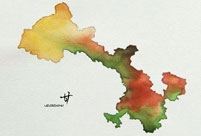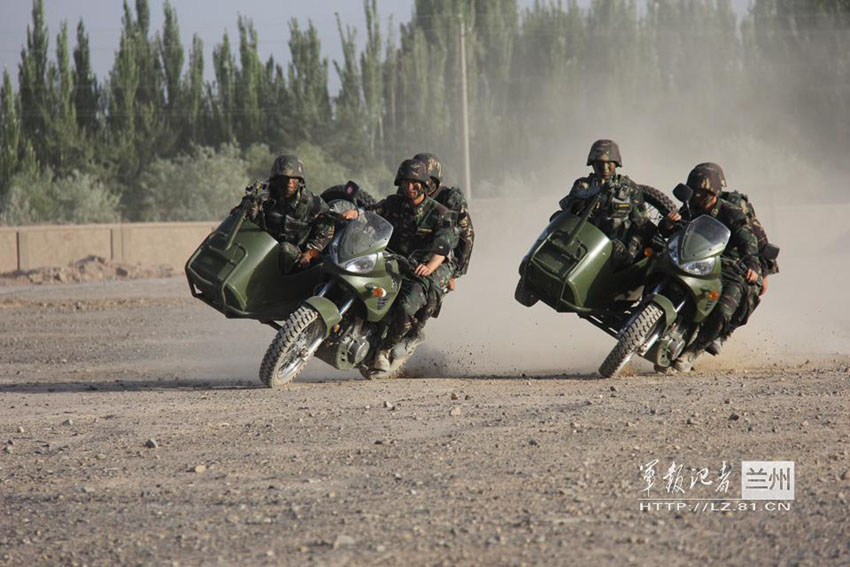Experts believe Wednesday's attack, which came days after Xi's comments, is meant to challenge Xi's determination, but the terrorists are mistaken if they think such violence will force a nation of 1.3 billion people to bow down.
Speaking early on Thursday, Xi Jinping said "the battle to combat violence and terrorism will not allow even a moment of slackness, and decisive action must be taken to suppress the terrorists' momentum."
While the "decisive action" ordered by Xi are important, unity and solidarity will be significant forces to deter terrorism.
Leaders have repeatedly stressed the importance of ethnic unity and have put increasing focus on the well-being of local people in the region.
On his latest trip to Xinjiang, President Xi said unity and fighting separatism are of the utmost importance and in the basic interests of all ethnic groups in the region. He instructed local governments to focus on economic development to improve the lives of ordinary people and spend more resources on employment, alleviating poverty in rural areas and protecting the environment.
Noting that the President had paid considerable attention to issues concerning people's livelihoods, Zeng Heping of Xinjiang academy of social sciences, said the instruction carried an important message, that ethnic unity and people's well-being are the key to regional stability.
Wednesday's attack is unlikely to be the end of attempts to disrupt peace and social stability.
A long-term mechanism therefore must be built to ward off similar bloodshed in Xinjiang in the future.
It could take a long time for Xinjiang to completely remove its stability threats. In this sense, unity and solidarity constitute a better tool to build the "wall of bronze and iron" China needs.
 |
 The Western Qing Mausoleum
The Western Qing Mausoleum Overseas returnees strive for dreams in Beijing
Overseas returnees strive for dreams in Beijing Fried up: Chili pork bonanza in Central China
Fried up: Chili pork bonanza in Central China Hand-painted maps go viral online
Hand-painted maps go viral online 4th Beijing Int'l Film Festival ends
4th Beijing Int'l Film Festival ends Commando elite specializes in sign language
Commando elite specializes in sign language Man photoshops himself into girlfriend's childhood photos
Man photoshops himself into girlfriend's childhood photos Photo story: Stallholders at Beijing Zoo Wholesale Market
Photo story: Stallholders at Beijing Zoo Wholesale Market Artists on backstage
Artists on backstage 'African Street' in Guangzhou
'African Street' in Guangzhou Special operation members in comprehensive training
Special operation members in comprehensive training Cute Shaolin boy melts the hearts of millions
Cute Shaolin boy melts the hearts of millions Giant panda Sijia is back to happy life
Giant panda Sijia is back to happy life Richest Chinese of 2014: half from the mainland
Richest Chinese of 2014: half from the mainland Chengdu - laid-back lifestyle makes happiest city
Chengdu - laid-back lifestyle makes happiest cityDay|Week|Month